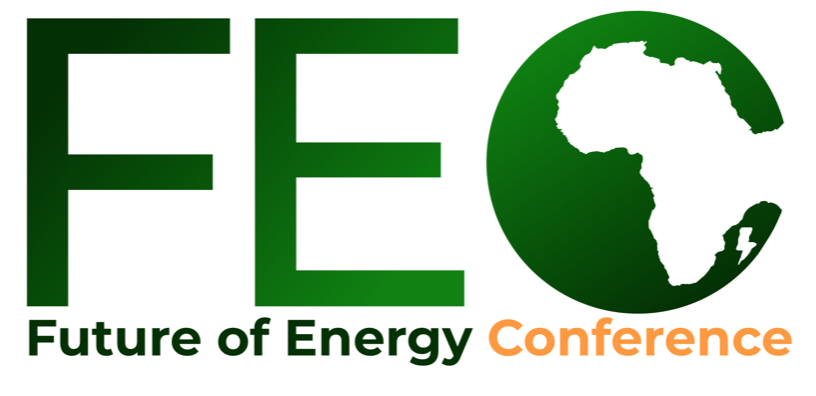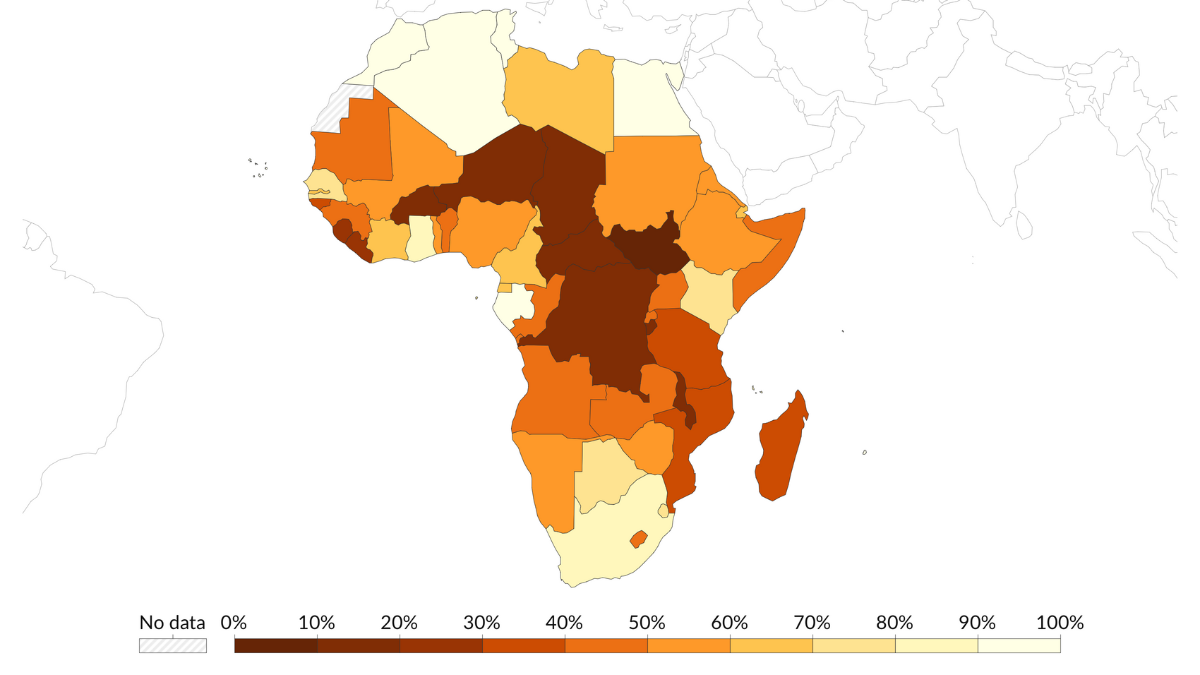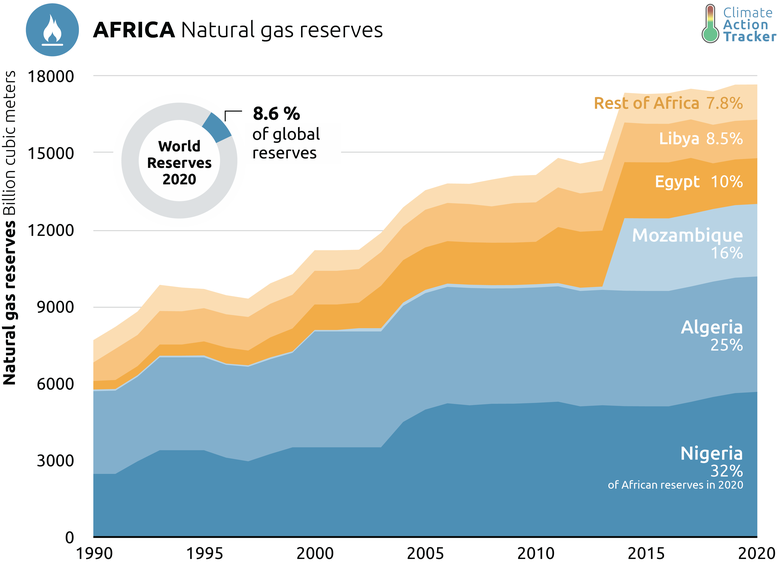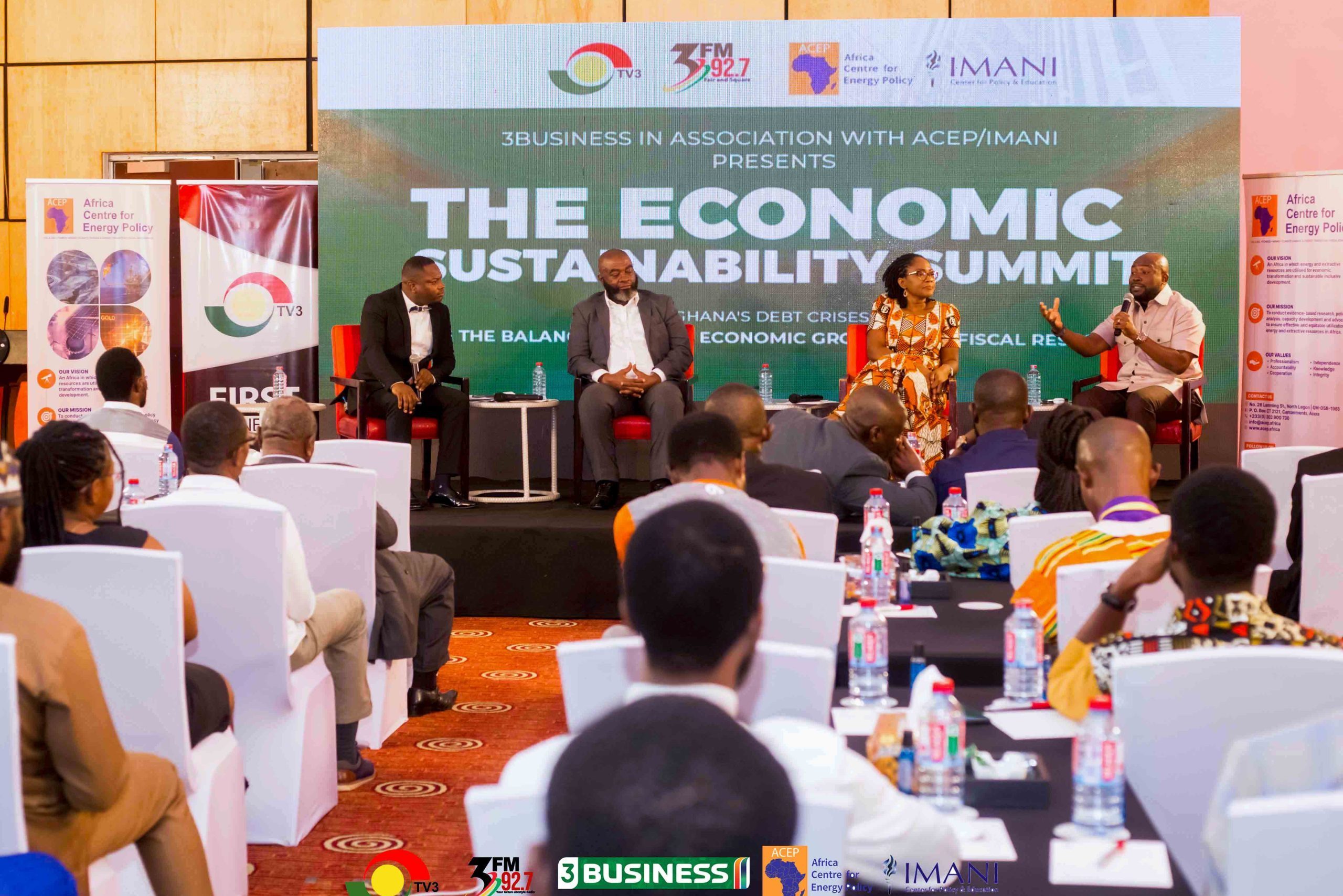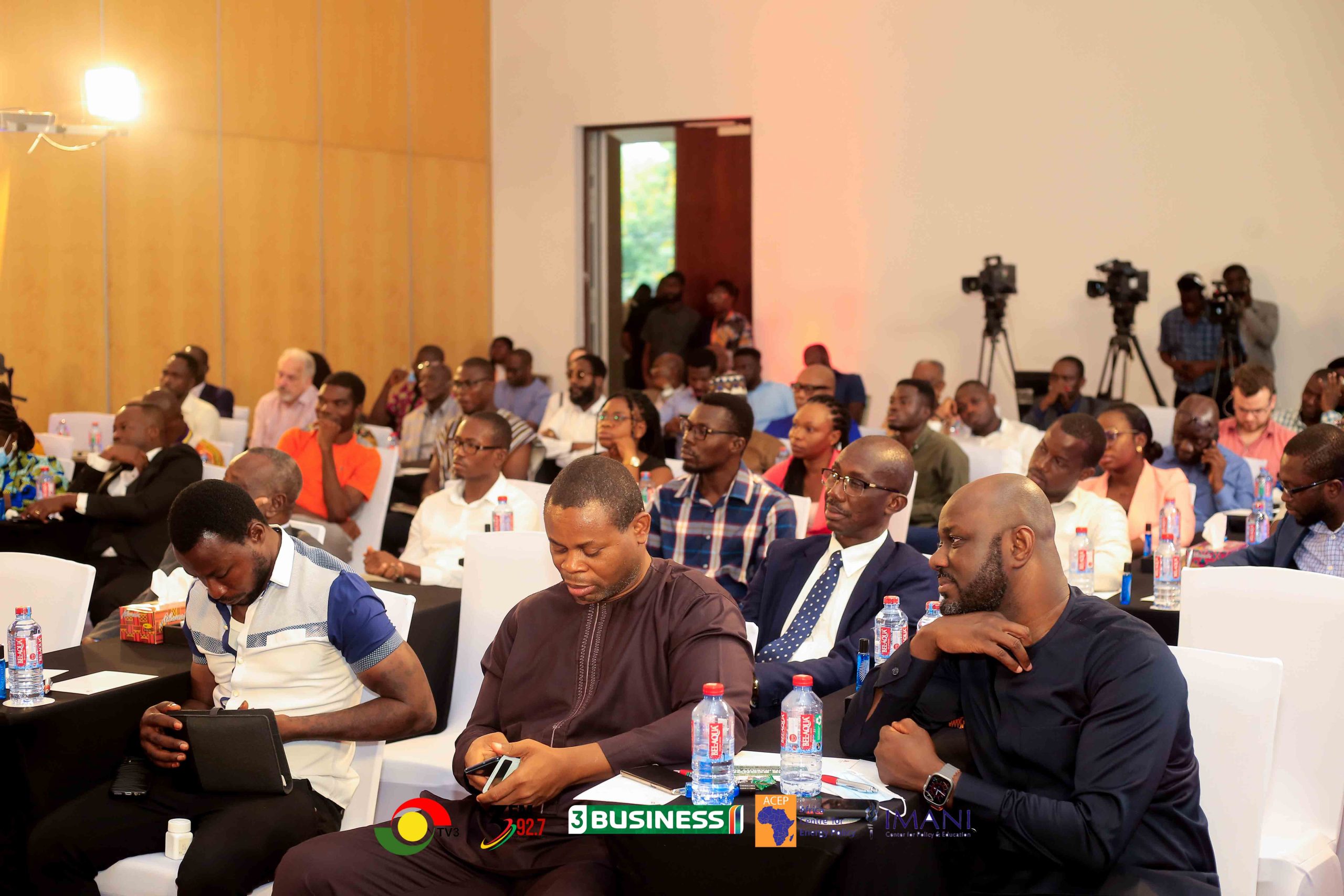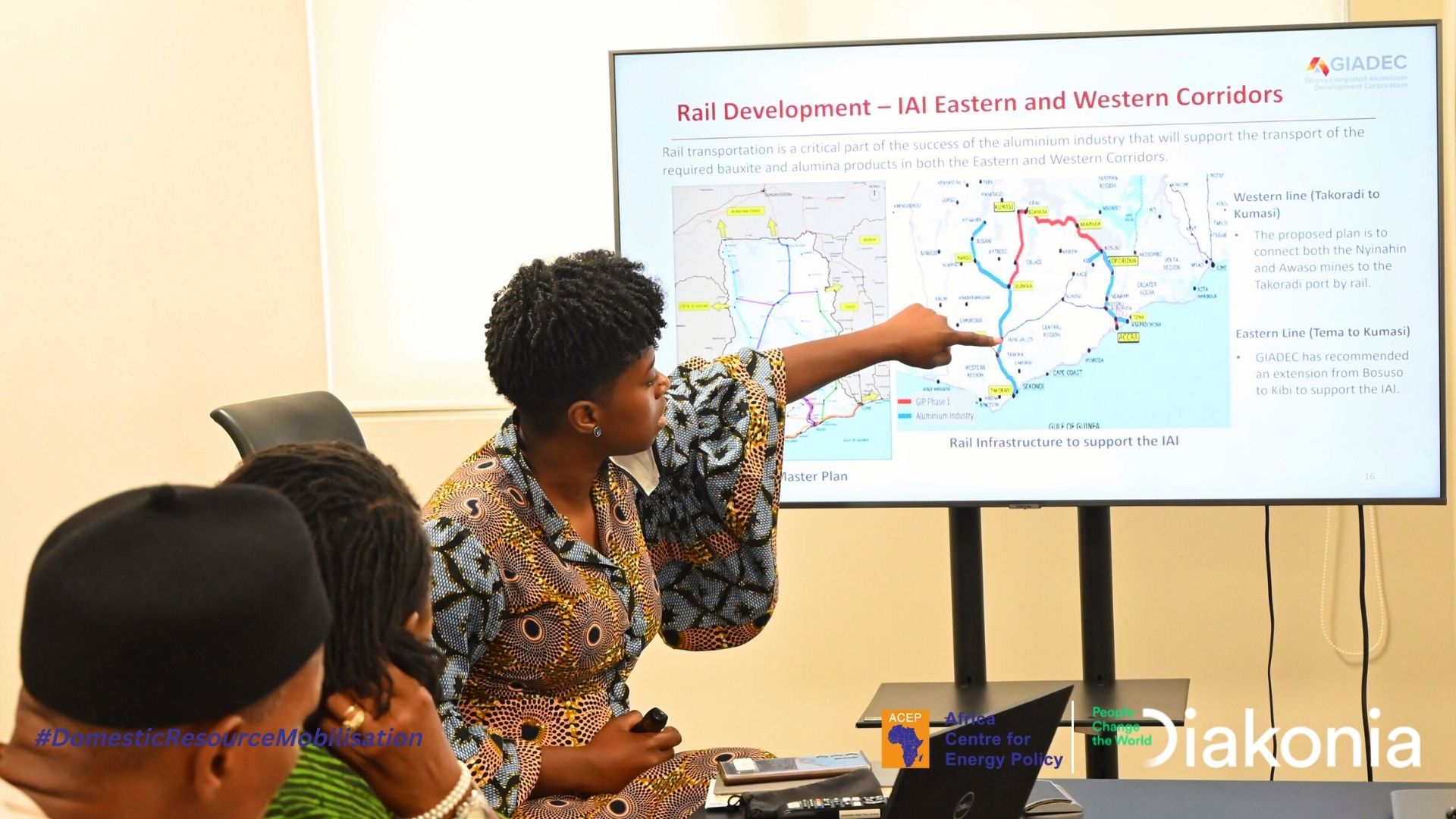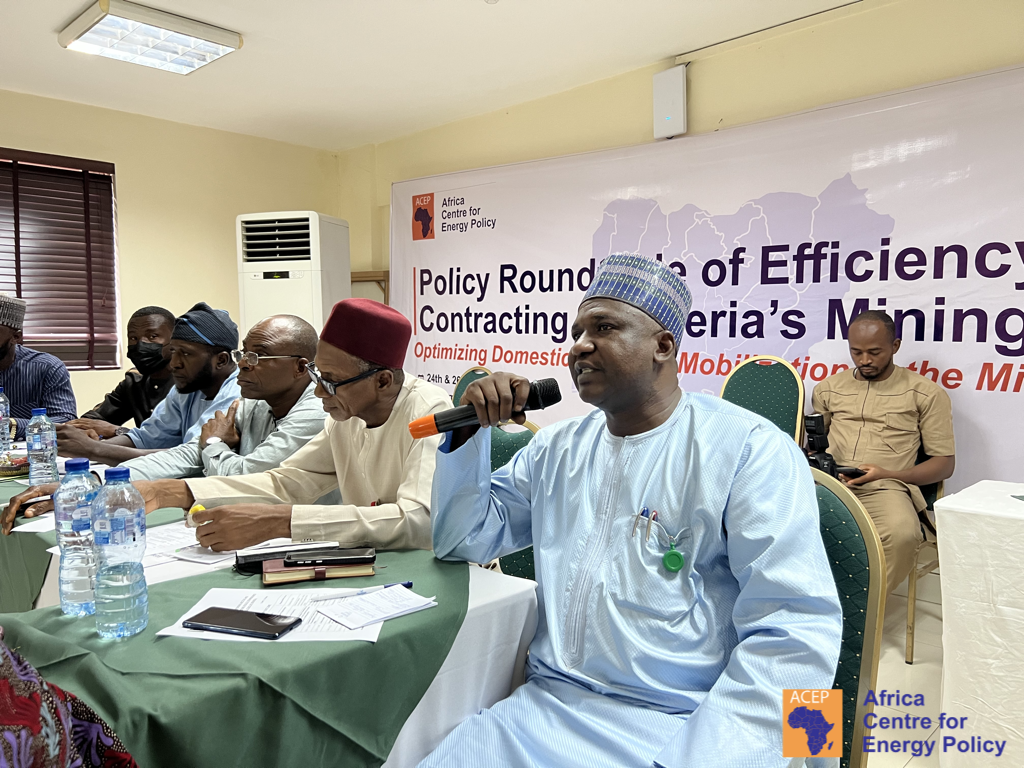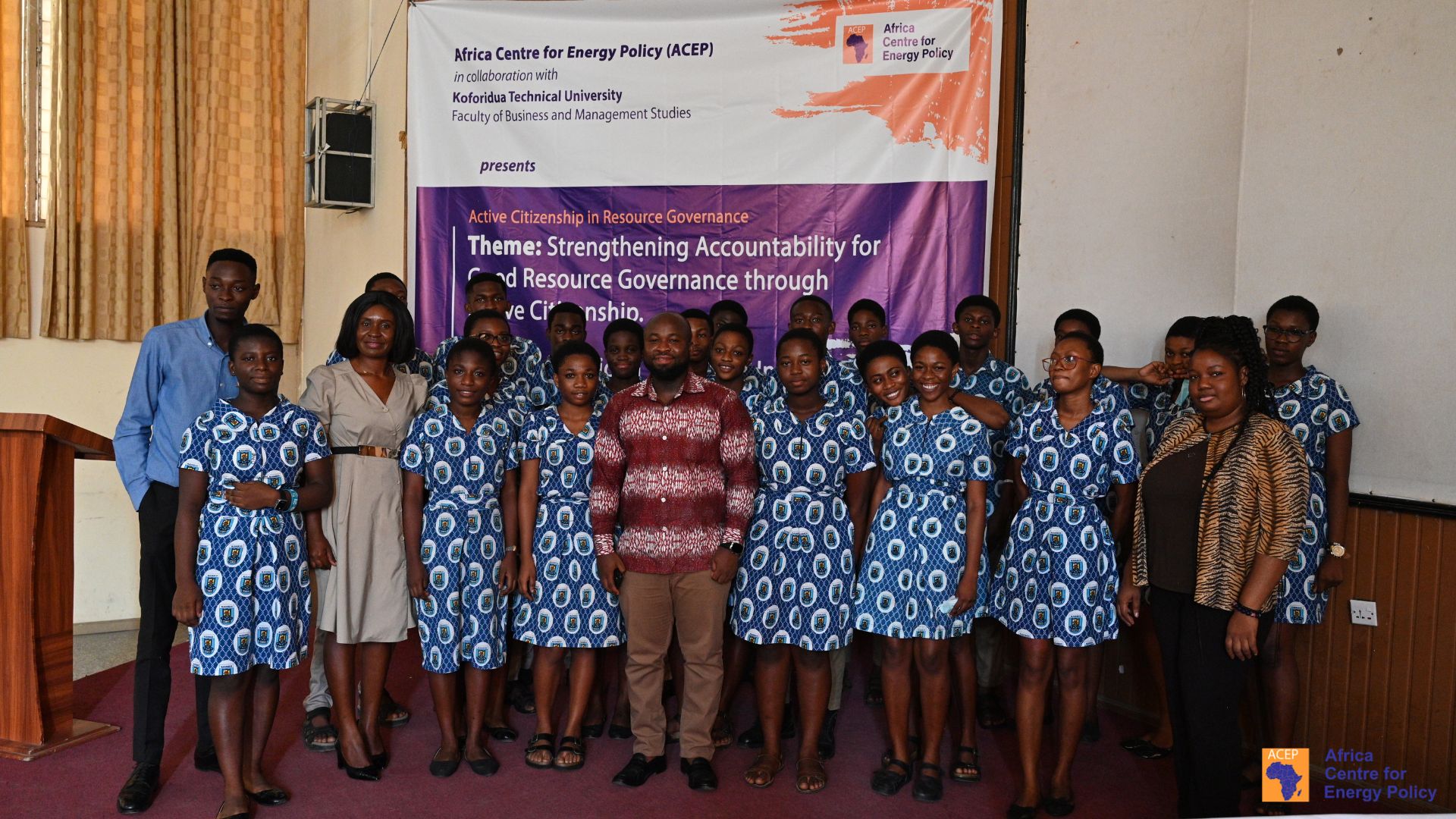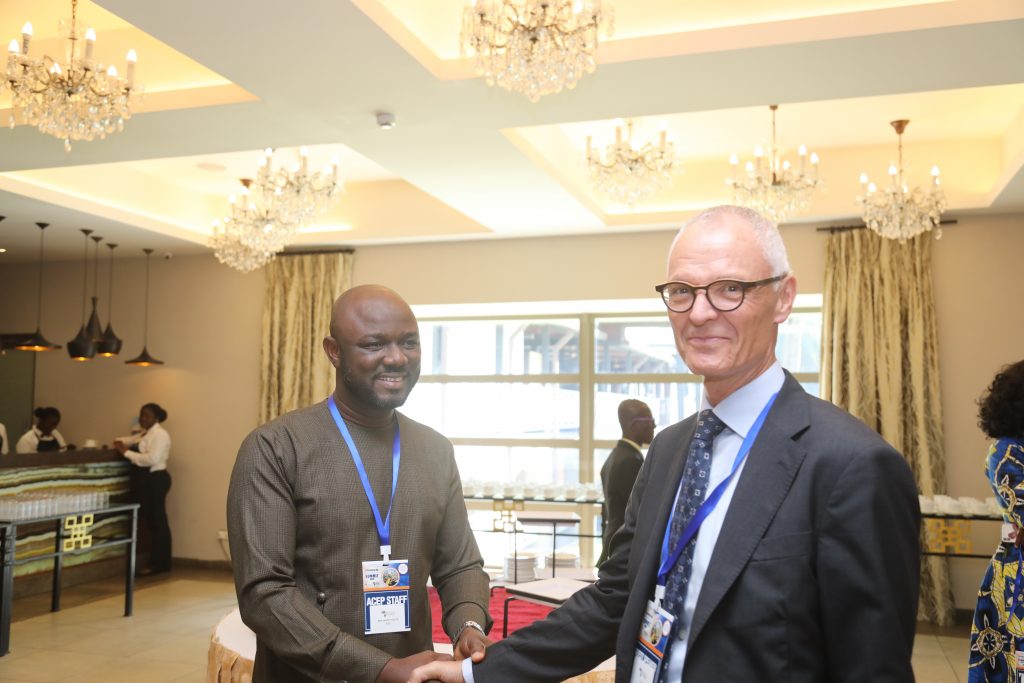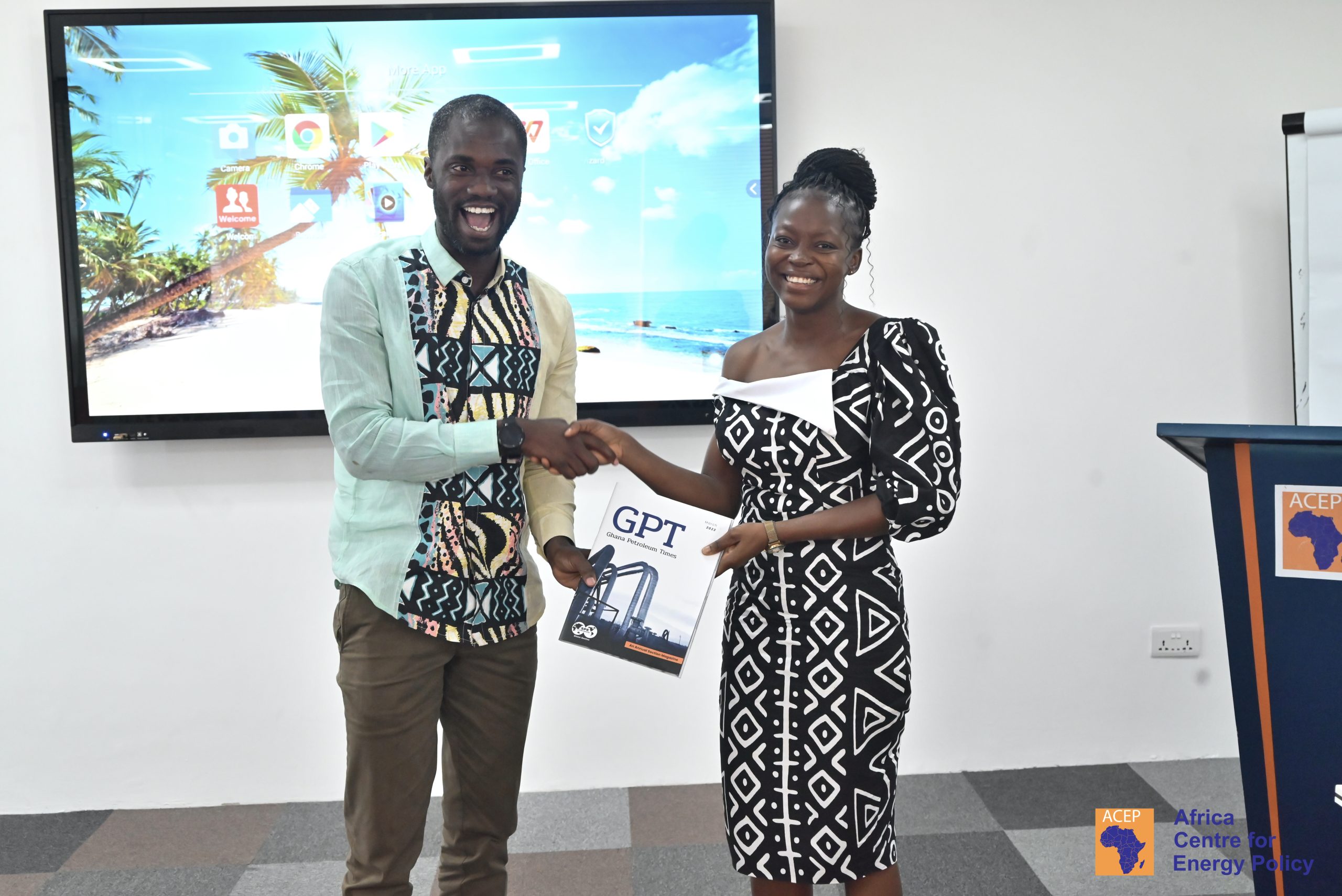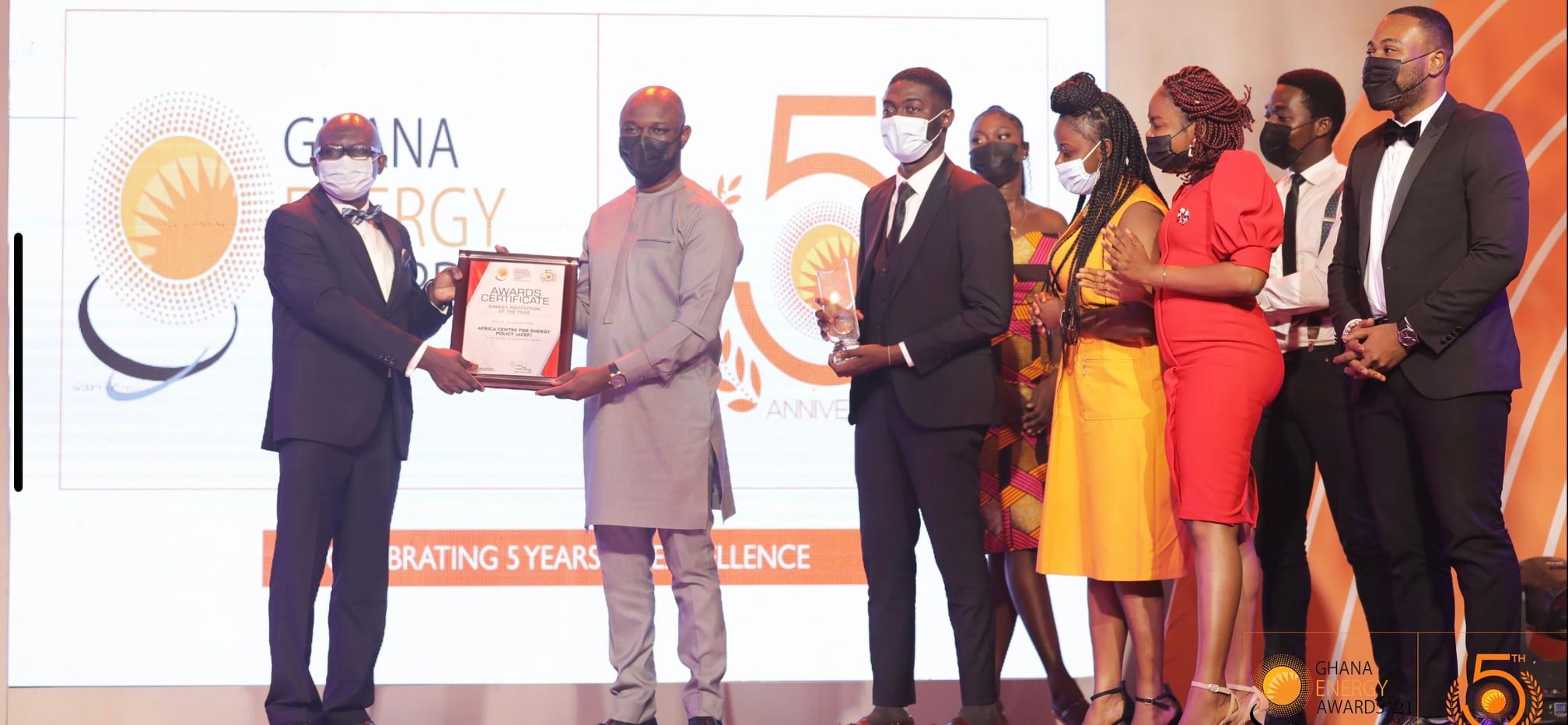About FEC 2024
THEME
Harnessing Africa’s Resource Wealth: Fueling Innovation for Equitable Energy Access
The Energy Transition is vital for meeting the Paris Agreement’s goal of limiting global temperature rise to below 1.5°C. Over 130 countries have since committed to achieving net-zero emissions by 2050[1], with the European Union targeting climate neutrality by the same year. Additionally, more than 3,000 companies and financial institutions, including major oil firms such as BP, Shell, Chevron, Total, Eni, and Exxon, are committed to investing in renewables to diversify their portfolios and stay future-ready. National Oil Companies (NOCs) are also realigning their strategies, with PetroChina and EcoPetrol aiming for near-zero emissions by 2050, alongside African NOCs like NNPC, Sonatrach, and SNPC, which are embracing decarbonization through initiatives like renewable integration and carbon capture and storage[2]. Accordingly, all 54 African countries have ratified the Paris Agreement.
As nations grapple with the imperative of mitigating climate change and achieving the ambitious targets set forth by the Paris Agreement, Africa stands at a pivotal crossroads. Blessed with abundant natural resources, the continent holds the potential to shape the trajectory of the global energy landscape while confronting a myriad of challenges and seizing unprecedented opportunities. The International Energy Agency (IEA) predicts that a rapid energy transition in scenarios aligned with the Paris Agreement is projected to increase demand for critical minerals by almost fourfold by 2040. This exponential growth in demand for critical minerals is central to Africa’s energy narrative, a cornerstone of renewable energy technologies. Accordingly, this ushers in a new geopolitical competition for securing critical mineral supply chains among global economies. For instance, the EU has recently enacted the Critical Raw Materials Act. The act thus aims to ensure secured and resilient supply chains, mitigate supply risks, and promote environmental protection and circularity in the context of the energy transition[3]. With Africa hosting 30% of proven global mineral reserves[4], the continent is at the epicentre of this unfolding geopolitical contest, tasked with harnessing its mineral wealth to drive sustainable development while ensuring equitable distribution and environmental stewardship.
Amidst these global imperatives, the pursuit of sustainable energy pathways is fraught with complexities and trade-offs. Despite significant progress in expanding energy access, about 600 million people in Sub-Saharan Africa still lack access to reliable electricity, and at least 1 billion people are reliant on traditional wood-based fuels to meet their domestic heating and cooking needs, perpetuating cycles of poverty and inequality. With the continent hosting nearly 9% of the world’s gas reserves and about 6% of global natural gas production[5], amidst a long-term outlook of declining usage, perhaps African countries can optimize their resources to close the energy access gap. However, there are concerns about how fossil-based development can be pursued in accordance with the continent’s commitment to the Paris Agreement and the imperative of climate action. Notwithstanding this, Africa’s endowment of vast renewable energy resources such as solar, wind, hydro, and geothermal promises a future of sustainable and equitable energy access with advancements in technological innovations.
Against this backdrop, the discourse on a just transition the African way assumes paramount importance, ensuring that no one is left behind in the shift towards cleaner energy sources. The potential disruption to livelihoods in traditional energy sectors, including those in the local biomass energy value chain, underscores the need for equitable and inclusive transition strategies that prioritize the welfare of vulnerable communities and individuals. For instance, an estimated 120,000 jobs are at risk of being lost in South Africa’s coal heartland of Mpumalanga by 2030 due to the energy transition[6]. Similarly, the IEA projects that the majority of petrostates could suffer about 50 percent revenue losses.
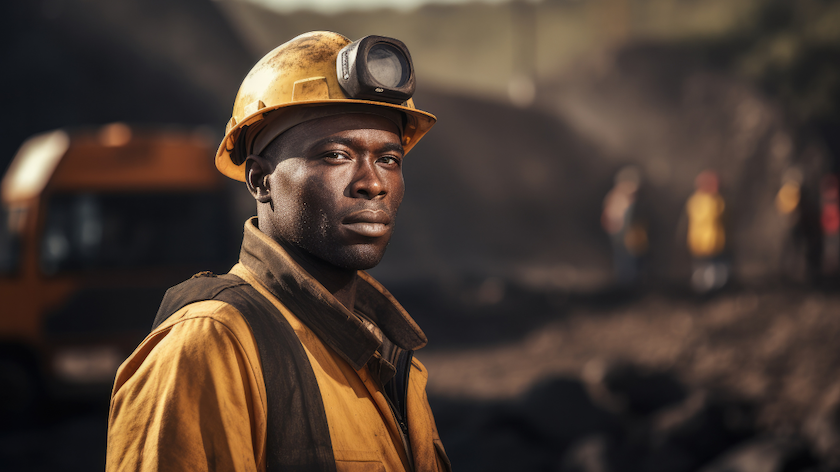
Despite the economic risks, the energy transition is projected to provide enormous economic opportunities for labor, businesses, and the government. The expansion of renewable energy sectors and energy-efficient technologies and infrastructure projects offers significant employment and entrepreneurial prospects. For instance, the development of smart grids, electric mobility technologies and related infrastructure, and energy storage systems will require a skilled workforce and foster new business opportunities in these emerging markets. Considering that nearly one in three young people is expected to reside in Africa by 2050, harnessing the potential of Africa’s youth, women, and businesses is essential for driving innovation and building resilience in the face of evolving energy landscapes. With the operationalization of the Africa Continental Free Trade Agreement, the energy transition can be a panacea to Africa’s industrialization agenda amidst effective intraregional trade, alleviate energy poverty, and drive economic transformation. Optimizing these, however, requires the intentionality of African governments and regional institutions to proactively curate a thriving environment through pragmatic policies and regulations.
In this nuanced context, the Africa Centre for Energy Policy (ACEP), in collaboration with its partners, organizes the Future of Energy Conference 2024 to critically examine alternative strategic approaches Africa can adopt to harness the inherent opportunities of energy transition on the thrust of its existing resources.
